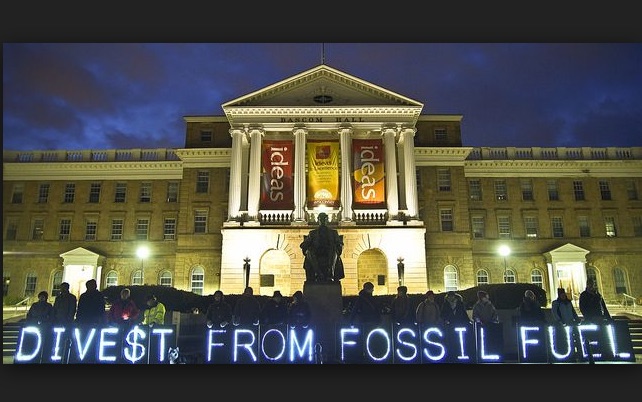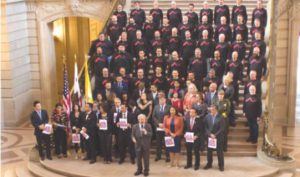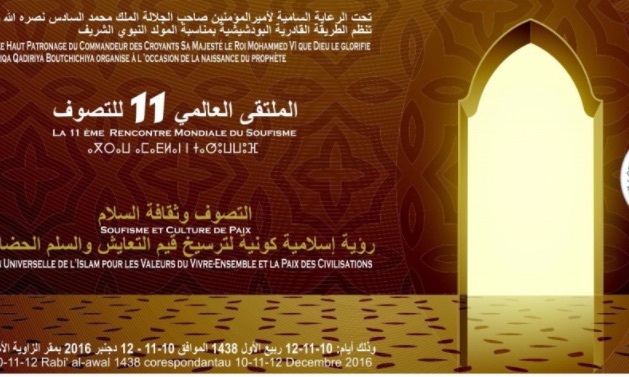Despite the deterioration of national politics as we leave the year 2016, we continue to see progress towards a culture of peace in the areas we have featured each month in our bulletins.
The biggest news in 2016 was the peace agreement in Colombia that ended half a century of civil war. This was featured in our JULY BULLETIN. Last month we featured words from the lecture by Colombian President Santos on receiving the Nobel Peace Prize: “With this agreement, we can say that the American continent – from Alaska to Patagonia – is a land in peace. And we can now ask the bold question: if war can come to an end in one hemisphere, why not one day in both hemispheres? Perhaps more than ever before, we can now dare to imagine a world without war. . . . We must replace the culture of violence with a culture of peace and coexistence; we must change the culture of exclusion into a culture of inclusion and tolerance.”
Of course, the development of a culture of peace requires much more than the end of the civil war. What is required in Colombia is “territorial peace” such as that beginning in the Colombian departments of Magdalena Centro, Cesar, Valle de Cauca and Antioquia, feaured in the DECEMBER BULLETIN. According to the most recent article on territorial peace in Colombia, “what is at issue is to build and / or strengthen a Social and Democratic State at all levels of national life and in all corners of the country. This requires a strong civil society, with high levels of organization and public involvement, that is to say, an active citizenship.”
Despite the fact that the countries that took part in the UN conference on the environment failed to address the continued reliance on fossil fuels, as we discussed in the JANUARY BULLETIN, there continues to be progress on other fronts. Increasingly we find that civil society institutions are divesting from the business of fossil fuel, with the last news indicating $5 trillion of divestment. In this regard, Nobel laureates and scientists have called on the Nobel Prize Foundation to set a good example by divesting from fossil fuels. And we found in the NOVEMBER BULLETIN that renewable energy is beginning to overtake fossil fuels, beginning with the generation of electricity. The most recent news in this regard indicates that 47 of the world’s poorest nations have pledged to skip fossil fuels altogether and jump straight to using 100 percent renewable energy instead.
The second international conference on the culture of peace in Africa was hosted in December by Angola. This continues the work for a culture of peace in Africa that we remarked in the BULLETIN OF MARCH, with articles from the African Union as well as Senegal, Tunisia, Cameroon, Morocco, Malia, Ethiopia, Congo, Sierra Leone, the Gambia, South Africa and Chad.
Recently we reported on a meeting between representatives of the Peace Commissions of New Haven (USA) and Santos (Brazil). This continues the progress of cities towards a culture of peace that we covered in the BULLETINS of APRIL and SEPTEMBER, including news from Mayors for Peace, International Cities of Peace and a new network of Nonviolent Cities.
In the OCTOBER BULLETIN, we surveyed activities around the world for the International Day of Peace. We found 182 events in 85 countries from every region: USA/Canada, Latin America/Caribbean, Western Europe, Africa, Arab States, Russia/Ukraine, and Asia/Pacific. The largest number of events involved children, especially schoolchildren. The celebration was especially intense in some of most conflictual regions of the world, such as the Ukraine, Kashmir/India/Pakistan, and Colombia/Venezuela. And to this list we added the United States.
In the JUNE BULLETIN, we considered proposals to reform the United Nations. One of the proposals was reform of the process to choose the Secretary-General and to increase the leadership of women. Recently, the new Secretary-General, António Guterres, was elected by a process with increased transparency, and he is appointing a number of women to high posts.
Nonviolence, as considered in our MAY BULLETIN, is one of the key methods of a culture of peace. Highlights of nonviolent movements from 2016 include photos from South Korea, Brazil, Malaysia and the United States. And most recently, Pope Francis issued his annual peace message on the theme, Nonviolence: A style of politics for peace. He urges people everywhere to practice active nonviolence and notes that the “decisive and consistent practice of nonviolence has produced impressive results.”
Another key method is peace education. El Salvador is now in discussions to include culture of peace in national educational curriculum. In the AUGUST BULLETIN, we covered peace education articles reprinted by the Global Campaign for Peace Education from Myanmar, Bosnia, United Kingdom, Rwanda, Georgia, United States and the Seychelles.
Finally, we arrive at the fightback folowing the election of President Trump in the United States. The movements for sanctuary cities and sanctuary campuses were featured in the DECEMBER BULLETIN. Since then, we add the specific resolution of the city of San Francisco, as well as sanctuary churches in New York and Minnesota.
La lucha continua! The fight continues!
|
HUMAN RIGHTS |
WOMEN’S EQUALITY |
DEMOCRATIC PARTICIPATION Colombia: The Challenge of Territorial Peace |
SUSTAINABLE DEVELOPMENT REPORT: Fossil Fuel Divestment Doubles in Size as Institutions Representing $5 Trillion Commit to Divest |
|
TOLERANCE AND SOLIDARITY |
FREE FLOW OF INFORMATION |
DISARMAMENT AND SECURITY |
EDUCATION FOR PEACE |





